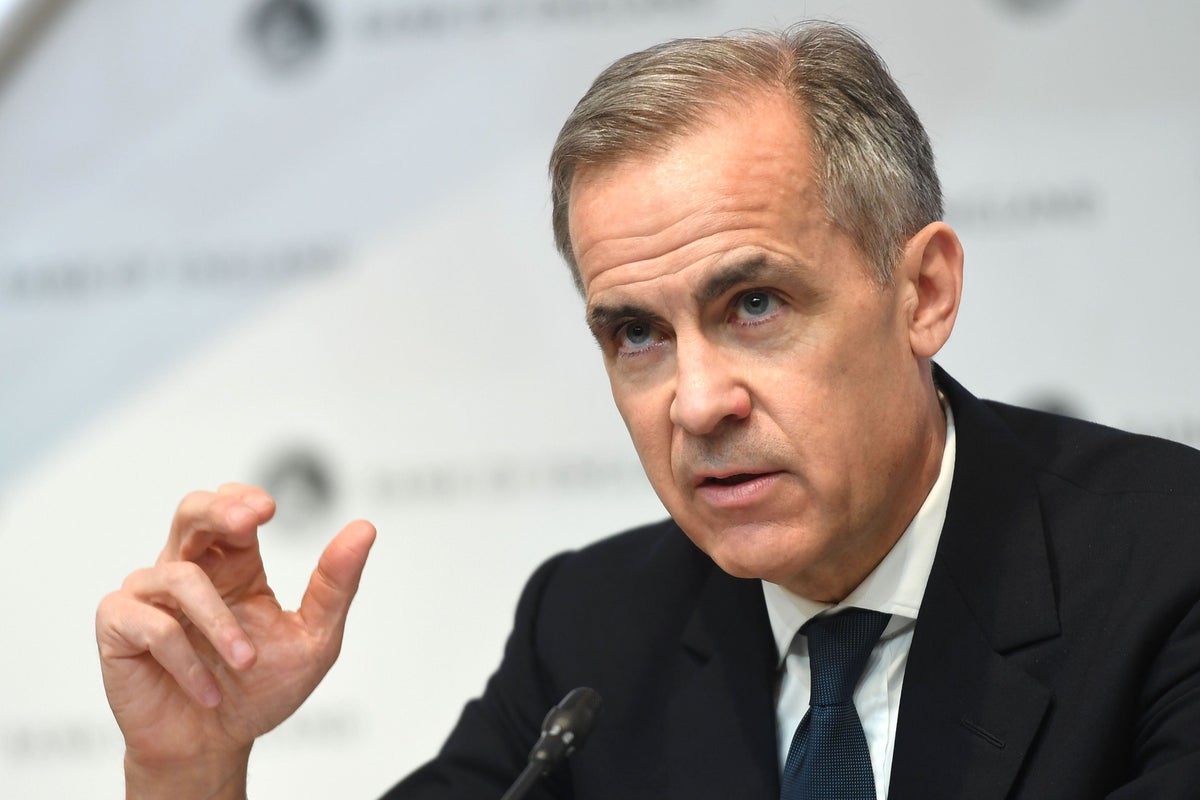
Former Bank of England governor Mark Carney has doubled down on his claims Brexit has taken a toll on the pound and sparked higher inflation, suggesting the decision to leave the EU continues to play a part in the UK’s financial woes.
But Downing Street has insisted sky-high inflation is being driven by global factors such as Covid and the war in Ukraine, suggesting Rishi Sunak is no longer dwelling on the “clear decision” made by the British people six years ago.
Mr Carney said he had forecast the exchange rate would stay down after the EU exit, adding to inflationary pressures, and that the economy would shrink.
He argued that this has now come to pass, with the Bank of England forced to raise interest rates in a bid to stem spiralling inflation “despite the fact that the economy is going into recession”.
Mr Carney told BBC Radio 4’s Today programme that the pound still “hasn’t recovered” after moving “sharply” against “all major currencies” following the result of the EU referendum.
He said one of the issues faced by the Bank is the difference in parity and market exchange rates, with “big” and “persistent” discrepancies seen between the two when there is a “long-standing shock to productivity in the economy”.
If I can actually cast your mind back to a few years ago, this is what we said was going to happen— Mark Carney
“It was predicted that we would get that, it’s coming to pass,” he said.
“If I can actually cast your mind back to a few years ago, this is what we said was going to happen, which is that the exchange rate would go down, it would stay down, that would add to inflationary pressure, the economy’s capacity would go down for a period of time because of Brexit, that would add to inflationary pressure, and we would have a situation – which is the situation we have today – where the Bank of England has to raise interest rates despite the fact that the economy is going into recession.”
He said the UK had taken a “big hit” to its productivity and capacity in the economy, with “tough decisions” needed to remedy this.
“And that’s one of the consequences of a decision taken a few years ago,” he said.
However, No 10 pointed to the Covid pandemic and war in Ukraine as driving forces behind the UK’s current financial woes.
The Prime Minister’s official spokesman said: “What we are seeing is challenges caused by the pandemic and by war in Europe which have been driving factors in terms of inflation and we’re seeing high inflation in a number of countries around the world.”
Asked if he was denying Brexit caused financial issues, he said: “Our focus is on ensuring we have stability and fiscal credibility. That’s what the Chancellor and the Prime Minister are focused on rather than on a decision taken a number of years ago where people made a clear decision.”







